Path of Armenian uncertainty Experts analyse Yerevan’s foreign policy U-turn
Russian Foreign Minister Sergey Lavrov paid an official visit to Armenia a few days ago, sparking considerable stir and interest not only within the country, writes Verelq.
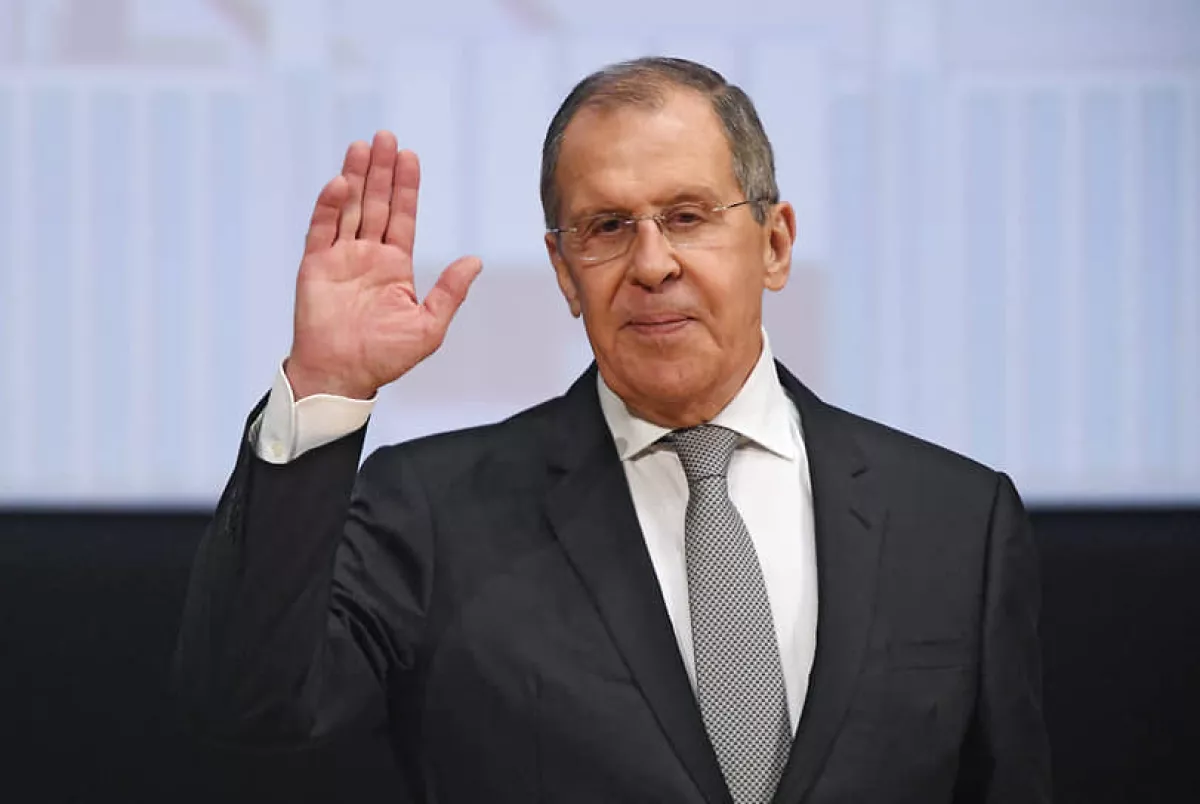
The reason is clear — for a long time, the Armenian authorities have been demonstrating a persistent desire to distance themselves as much as possible from the Eurasian vector, both domestically and internationally. Against this backdrop, a sort of sensation occurred. And it was not the statements made by the Russian Foreign Minister that caused it, but rather the remarks of his Armenian counterpart, Ararat Mirzoyan, which contradict the anti-Eurasian policy pursued by Pashinyan and his team.
Mirzoyan stressed that Yerevan does not intend to reconsider the format of its allied relations with Russia. As for Armenia’s aspirations to join the EU, he stated that the country has not submitted any official application in this regard.
"The Republic of Armenia has not submitted an application for membership in the European Union, negotiations in this direction are not being conducted, and accordingly, the issue that might arise in this regard is not relevant," said Armenia’s Foreign Minister.
Economy Minister Gevorg Papoyan, for his part, stated: "Armenia is a member of the Eurasian Economic Union, and there are no plans to withdraw from this union."
However, one point was tactfully left unspoken — the adoption, at the initiative of the same ruling team, of a law marking the start of Armenia's "European path." Nonetheless, the statement by the foreign minister was quite striking.
So what prompted the “velvet” authorities to make such an unexpected gesture toward Russia? The reason likely lies in Nikol Pashinyan’s recent visit to Tirana, the capital of Albania, where the European Political Community summit was held. Judging by the outcome, Pashinyan did not receive the level of support from European partners that he had hoped for in the context of advancing his "breakaway from Russia" plan.
As a result, he was left face-to-face with a tangle of political and economic problems — problems that Europe neither has the resources nor the particular desire to solve.
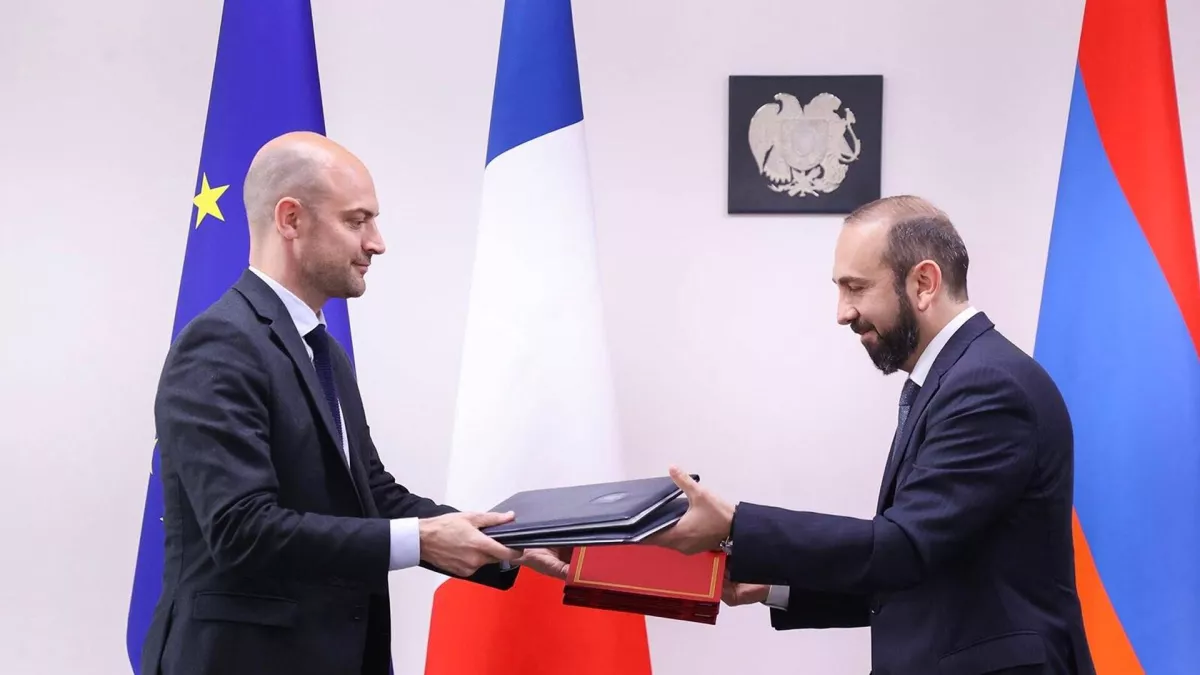
Then came an event titled the “Yerevan Dialogue.” French Minister for Europe and Foreign Affairs Jean-Noël Barrot arrived in Yerevan, and on May 26, a Declaration of Intent was signed between the foreign ministries of Armenia and France.
At a press conference summarising the meeting with his counterpart, Armenia’s Foreign Minister announced that the Declaration envisages deeper cooperation, the holding of political consultations, and the development of interaction between diplomatic missions — both in Europe and on other global platforms.
Moreover, Mirzoyan told journalists that relations between Armenia and France are, in effect, at a strategic level. According to him, the two countries have numerous instruments and areas of cooperation, which, as he put it, “do not even exist between countries that have a formal document on strategic cooperation.”
Nevertheless, the minister assured that both sides would work on creating such a document.
Following him, Jean-Noël Barrot also noted that the relationship is already largely strategic. According to him, the preparation of a document is planned to outline future steps — including in the military sphere.
What do these rhetorical shifts in Pashinyan’s policy mean — at one moment moving towards restoring a full-fledged Armenian-Russian dialogue, and at another, establishing strategic relations with Paris? Will there be clarity, or are we likely to witness Armenia’s leadership continuing to sway back and forth?
Russian political commentators shared their views with Caliber.Az.
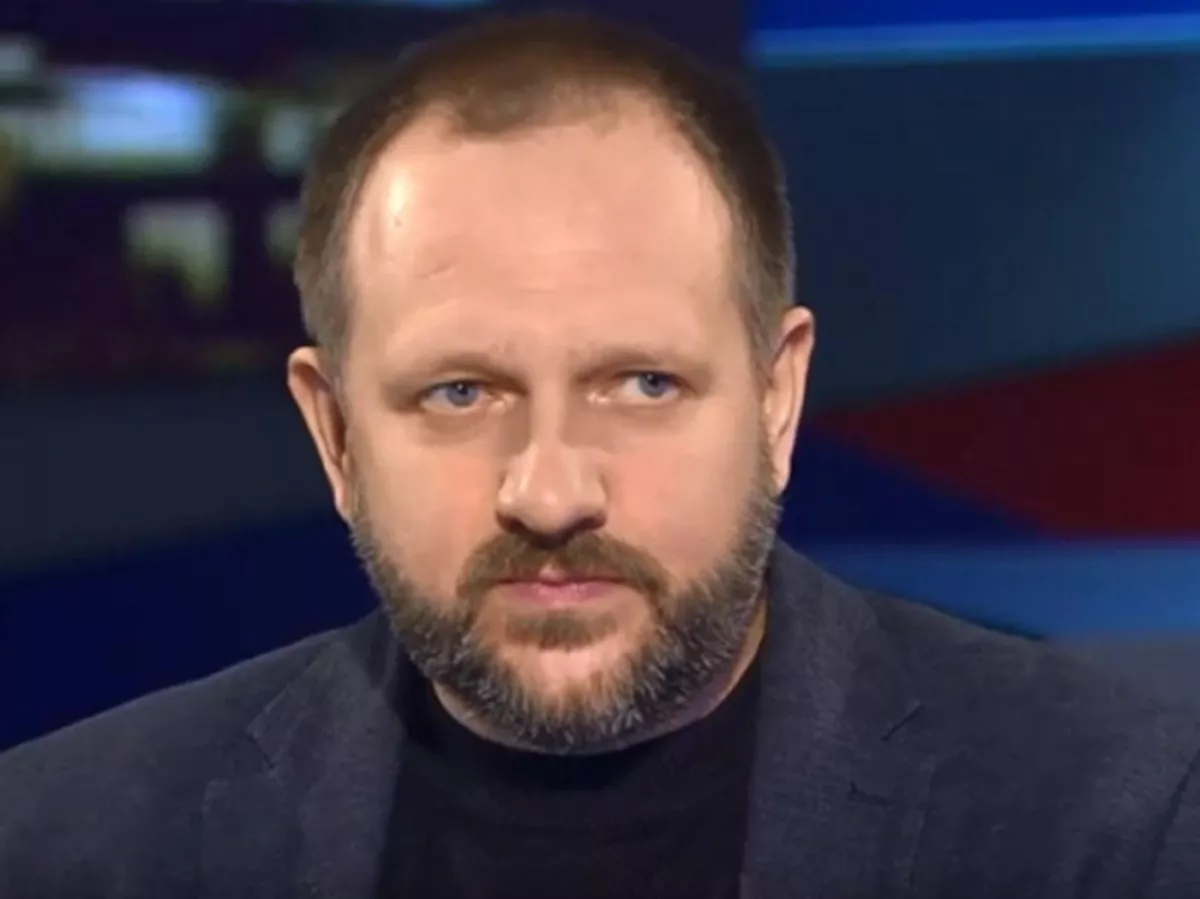
Political analyst and founder of the expert-analytical network PolitRUS, Vitaly Arkov, noted: "The actions of Pashinyan’s team are undoubtedly driven not by concern for their fellow citizens, but by cynical and pragmatic calculation. Firstly, both the prime minister’s family and his inner circle earn personal windfall profits from economic projects with Russia — including, in the 'best traditions' of Armenian governance, through corrupt schemes. Against the backdrop of Pashinyan’s pro-Western tilt, Moscow began to seriously reconsider its relationship with Yerevan, and the Armenian ruling elite immediately felt the blow to their wallets.
The attempt to cosy up to the West — especially to pragmatic and tight-fisted European politicians — did not bring Pashinyan’s regime the expected dividends. Paris and Brussels made many promises to Yerevan, but in practice they demanded more than they gave."
The event in Tirana was a significant blow to Pashinyan’s ego. So the mercantile choice made by the Armenian authorities was obvious.
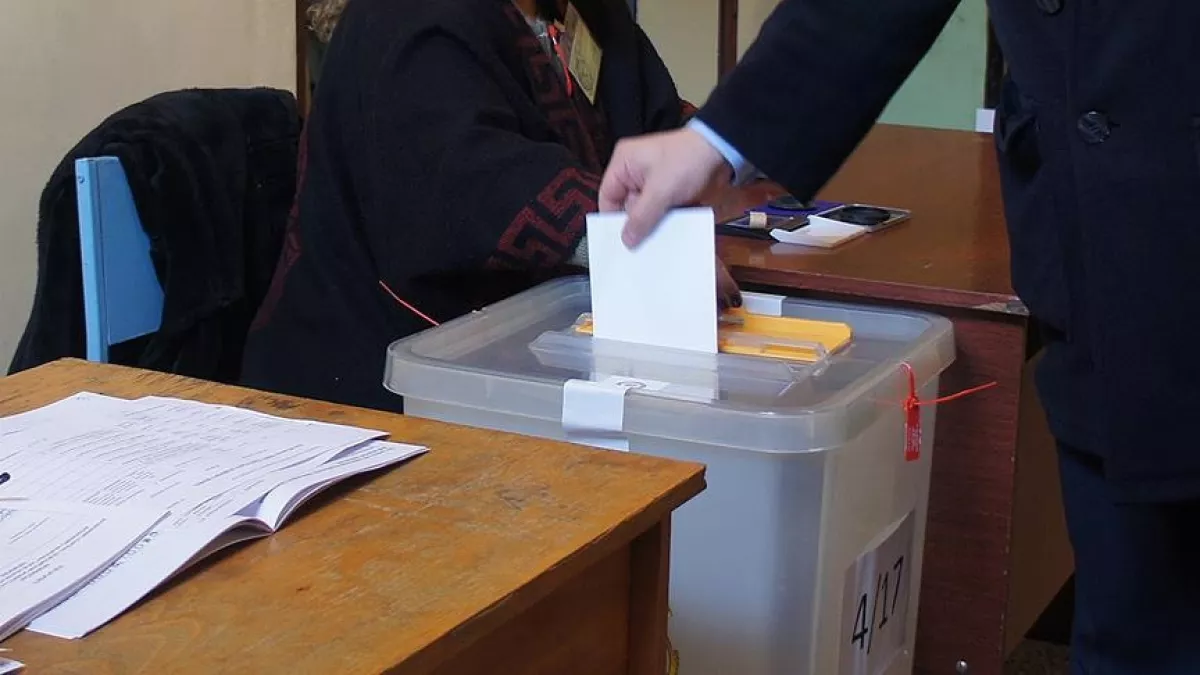
Secondly, parliamentary elections are scheduled to take place in Armenia in the summer of 2026, and the future of Pashinyan’s regime depends on them. Given that his personal approval rating has plummeted since the final loss of control over Karabakh, support for opposition politicians advocating stronger ties with Russia is steadily growing. Moreover, remittances from Russia and the business activities of the Armenian diaspora in the Russian Federation account for a significant share of Armenia’s GDP. Continuing to quarrel with Moscow at the behest of the European Union would be nothing short of political suicide and sheer idiocy.
This reality has been understood not only in Armenia, but earlier in neighbouring Georgia as well — where, despite serious political disagreements with Russia over the status of Abkhazia and South Ossetia, the country wisely chose a strategy of constructive engagement.”
Thirdly, Yerevan is “keeping its finger on the geopolitical pulse,” the analyst believes, and drawing conclusions from the current dynamics between the global powers — the US, Russia, and the EU.
“Fourthly, an important factor was Nikol Pashinyan’s participation in the celebrations in Moscow marking the 80th anniversary of the Victory over fascism. The presence of Chinese President Xi Jinping at the parade and the nature of his close, confident interaction with Vladimir Putin had a sobering effect not only on Pashinyan, but also on several other leaders across the post-Soviet space. This was particularly noteworthy given that, shortly before the event, the European side had made it quite clear that participation in the parade was strongly discouraged.
By the evening of May 8, during the celebratory dinner at the Kremlin, it had already become evident that Yerevan was once again shifting its political course: Pashinyan was seen conversing with Alexander Lukashenko, despite his previous loud declarations about boycotting Minsk. Now, it is highly likely that we will see Pashinyan at the plenary session of the 4th Eurasian Economic Forum in Minsk.
One can mock Pashinyan and Mirzoyan, but at this moment they have clearly sensed the global political trend — and have decided not to bet on the limping European horse. Especially not to act in the interests of Paris and Brussels, which could cost Yerevan dearly,” Arkov concluded.
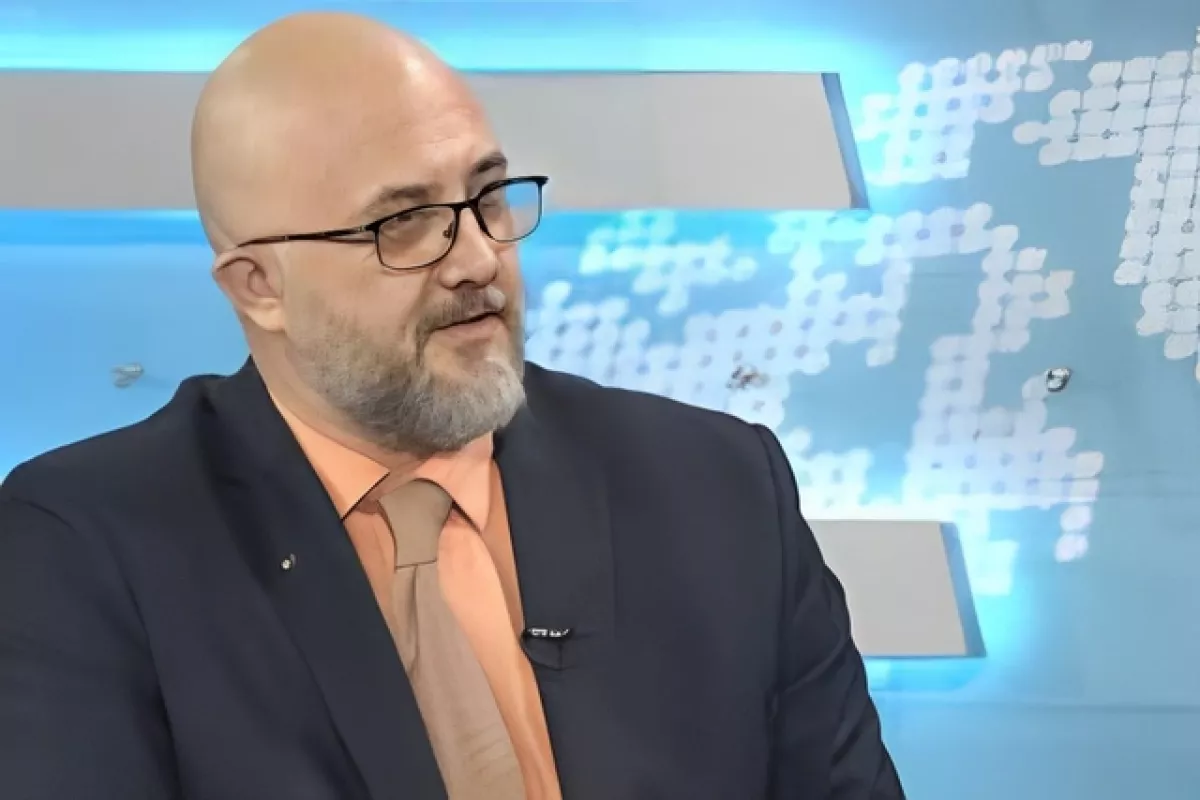
The Director of the Centre for Strategic Studies of the South Caucasus Countries, Yevgeny Mikhaylov, also believes that Armenia is at a crossroads.
“When everyone was convinced that Russia would fail to achieve its objectives in Ukraine, panic set in — where should they run? Against this backdrop, Pashinyan turned toward Western rhetoric and Western politicians. Now that Moscow is prevailing in its confrontation with the collective West, the Armenian leadership finds itself in a difficult position. For years, they had been under Russia’s wing, then suddenly made a sharp pivot. Moscow tolerated this, issuing diplomatic statements and refraining from applying harsh pressure. It turned a blind eye to Pashinyan’s antics within the Collective Security Treaty Organisation (CSTO) and other structures.
And now, following Lavrov’s visit to Armenia — when he said that there are ‘no fundamental problems’ in bilateral relations — this by no means suggests that no problems exist. What it really means is that Moscow is confident Armenia has nowhere else to go — like being on a submarine. It simply has no alternative but to restore relations with Russia.
The Eurasian Economic Union, which Armenia is still a member of, delivers maximum economic benefit. Armenian goods are not needed in the West. The country’s population depends heavily on remittances from Russia and employment on Russian territory.
No matter what Pashinyan says, a complete break [with Russia] is out of the question. And Mirzoyan’s claim that Armenia has no plans to join the EU is laughable. Who needs you there? There’s already a queue — Türkiye and others. Referendums on a ‘European path’ won’t change anything. Hold ten if you like — they won’t accept you. Right now, Yerevan is trying to sit on multiple chairs at once. But the restoration of Armenian-Russian dialogue is inevitable.
Armenia can, of course, develop relations with other countries in parallel, but not at the expense of its alliance with Russia. Otherwise, the very existence of the Armenian state will be at risk — of that I’m certain. At present, Yerevan is clearly wavering, oscillating between foreign policy directions in an effort to adapt to a shifting global landscape. Small countries always align with strong powers, especially those that have helped preserve Armenian identity for centuries — and that is precisely Russia.
If Armenia has no other option but to mend ties with Moscow, that in itself will create prospects for peaceful dialogue. As for all this talk of a ‘strategic partnership’ with France — it’s just words. The money flows from Russia, and French military assistance carries little weight. In the event of a crisis, Armenia would simply be crushed by Türkiye and Azerbaijan. Yerevan has no alternative but to restore relations with Moscow. Otherwise, Pashinyan will bear full responsibility for the complete collapse of Armenian statehood,” Mikhaylov concluded.








